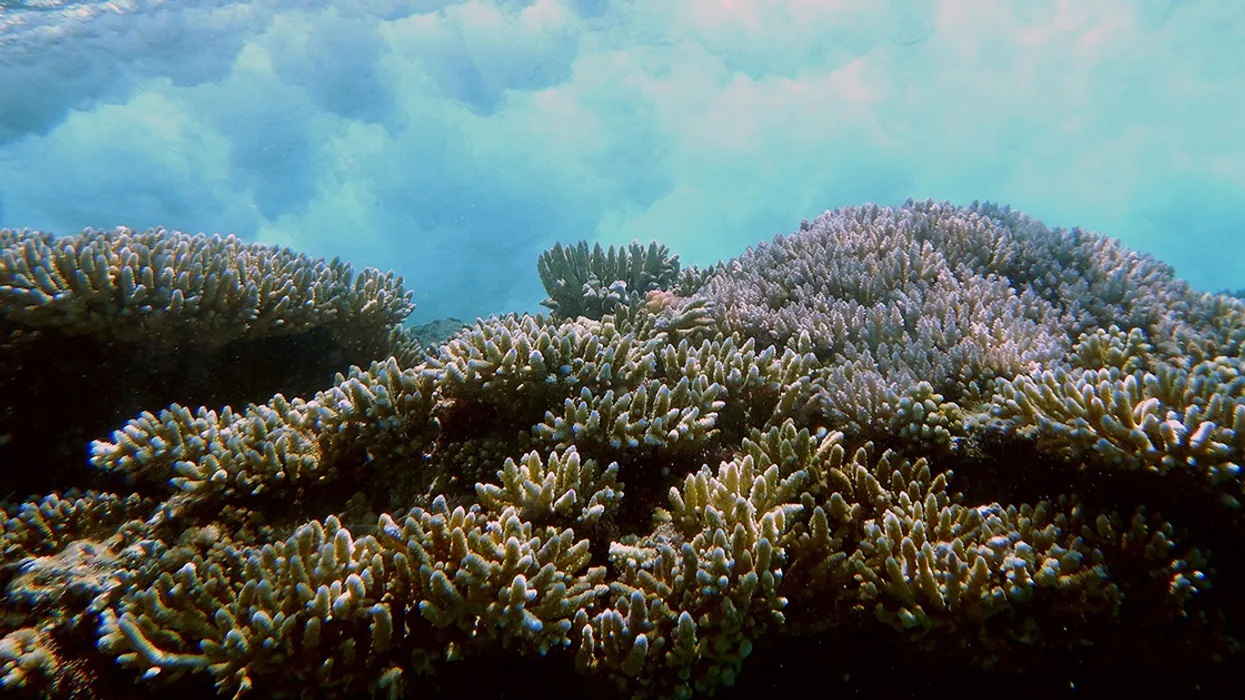The news is grim: According to a report compiled by hundreds of scientists from 50 countries, Earth is losing species faster than at any other time in human history. Thanks to climate change, coastal development and the impacts of activities such as logging, farming and fishing, roughly 1 million plants and animals are facing extinction.
The UN report calls for rapid action at every level, from local to global, to conserve nature and use it sustainably. And here’s some potential good news: Many ecosystems now at risk can provide valuable services if they are protected.
I know from my research on coastal habitats that the biggest obstacle to investing in natural infrastructure, such as wetlands and reefs, often is that experts have not figured out how to value the protection that these habitats provide in economic terms. But a new report that I co-authored, published by the U.S. Geological Survey, solves that problem for one of our planet’s most biodiverse ecosystems: coral reefs.
This report shows that coral reefs in U.S. waters, from Florida and the Caribbean to Hawaii and Guam, provide our country with more than $1.8 billion dollars in flood protection benefits every year. They reduce direct flood damages to public and private property worth more than $800 million annually, and help avert other costs to lives and livelihoods worth an additional $1 billion. Rigorously valuing reef benefits in this way is the first step toward mobilizing resources to protect them.
Breaking Waves and Blocking Floods
Reefs act just like submerged breakwaters. They “break” waves and drain away their energy offshore, before it floods coastal properties and communities. This is an enormously valuable function. In 2017, tropical storms alone did over $265 billion in damage across the nation.
Manmade defenses, such as sea walls, can damage adjoining habitats and harm species that rely on them. In contrast, healthy reefs enhance their surroundings by protecting shorelines and supporting fisheries and recreation, from diving to surfing.
READ MORE AT EcoWatch.com

